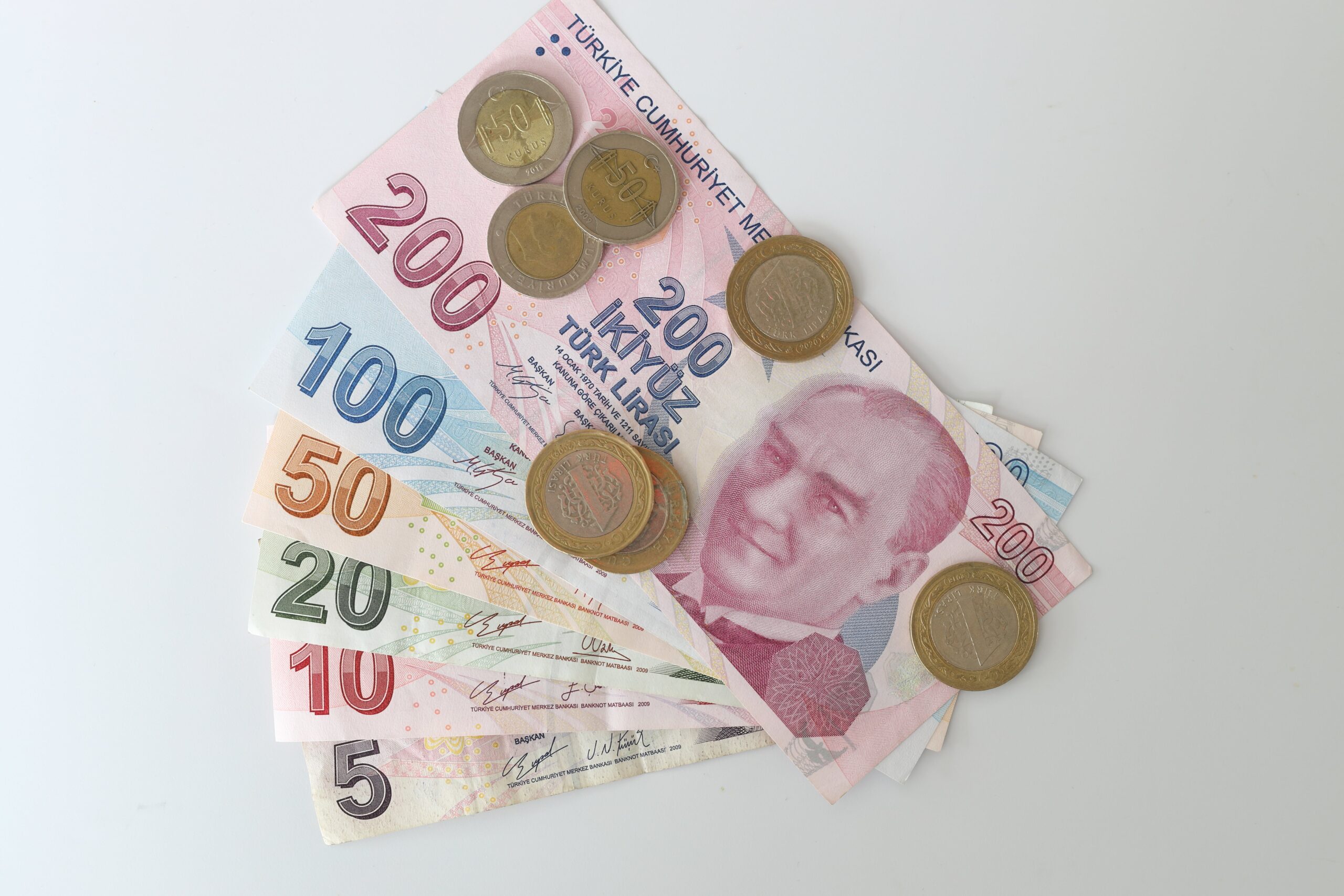Last Updated on 28/11/2023
Turkish economy has been a topic of global interest for years, with its unique blend of rich history, geographical location, and economic potential. In fact, according to data published by TUİK on Thursday, the country’s economy exhibited robust growth. It surpassed market expectations in the second quarter of 2023.
Turkish Economy impressive growth

Turkey, situated at the crossroads of Europe and Asia, has a long and complex economic history. To comprehend the current state of the Turkish economy, it’s crucial to examine its evolution over the centuries.
Today, the Turkish economy is one of the largest and most dynamic in the world. Therefore, it boasts a diverse range of industries, Key sectors like automotive, textiles, and tourism play pivotal roles in shaping the country’s economic landscape.
During the April-June period, Türkiye’s gross domestic product (GDP) at current prices witnessed a remarkable increase. It surged by 60.7% compared to the previous year. And it reached TL 5.5 trillion, as reported by the Turkish Statistical Institute. Moreover, economists had initially anticipated a 3.5% year-over-year growth for the Turkish economy in the second quarter. However, the actual growth rate exceeded these expectations. Yet, this growth figure comes after a revised 3.9% annual growth in the first quarter of 2023. Interestingly, Türkiye’s economy transitioned from a 0.1% contraction in the previous period to a quarterly growth rate of 3.5% in the three months leading up to June.
The Role of Government Incentives
Government policies have a significant influence on the Turkish economy. In recent years, the Turkish government has implemented various strategies to stimulate economic growth, attract foreign investment. Among these incentives, we can mention the Citizenship by investment program and the tax reductions.
Turkish Economy in the Global Market

The Turkish economy is intricately connected to the global market. Moreover, its strategic location, bridging Europe and Asia, makes it a vital player in international trade and commerce. Furthermore, the country has impressive trade relationships with key partners and its role in regional economic organizations is huge.
Moreoever, for foreign investors seeking opportunities in emerging markets, Turkey has been an attractive destination. In fact, it presents promising opportunities in key sectors such as renewable energy, technology, and infrastructure development.
Challenges of the Turkish Economy
While Turkey has experienced periods of growth, it has also encountered several economic challenges. These include inflation pressures, a fluctuating currency, and political instability. Delving deeper into these issues will provide valuable insights into the Turkish economic landscape.
Currency and Exchange Rate Dynamics

The Turkish lira’s exchange rate has been a subject of significant interest and concern in recent years. Currency and exchange rate dynamics in Turkey are influenced by macroeconomic factors, political stability, external events, and monetary policy. The Turkish Lira (TRY) has historically faced depreciation due to high inflation and political uncertainties, impacting the economy in several ways. Depreciation contributes to inflation, affects exports and imports, increases the cost of servicing foreign debt, and can erode investor confidence, potentially leading to capital outflows. Additionally, it influences the tourism sector and financial markets. To manage these dynamics, Turkey employs tools such as monetary policy adjustments, foreign exchange reserves, fiscal policies, and structural reforms to stabilize the currency and promote economic stability, competitiveness, and investment attractiveness.
The Impact of COVID-19

The COVID-19 pandemic has had a global economic impact, and Turkey was no exception. In fact, the pandemic affected various sectors of the Turkish economy and the government’s response to mitigate the economic fallout.
The coronavirus epidemic has had a detrimental effect on the economies of most developed nations and resulted in considerable losses in numerous industries. But with the help of particular plans, the Turkish government was able to hold control and keep the economy stable.
Plans put in place by the Turkish government during the Covid era significantly lessened the pandemic’s detrimental effects on several economic sectors, particularly the real estate industry. Despite the global restrictions put in place at the time, the sale of real estate in Turkey grew throughout the difficult conditions brought on by the pandemic rather than collapsing.
In conclusion, the Turkish economy is a complex tapestry woven with historical influences, government policies, global trade, and domestic challenges. By examining its past, understanding its present, and exploring its future prospects, we gain a comprehensive perspective on this dynamic economy. As Turkey continues to navigate the ever-changing global economic landscape, staying informed about its developments is crucial for investors, policymakers, and anyone interested in the world of economics.



